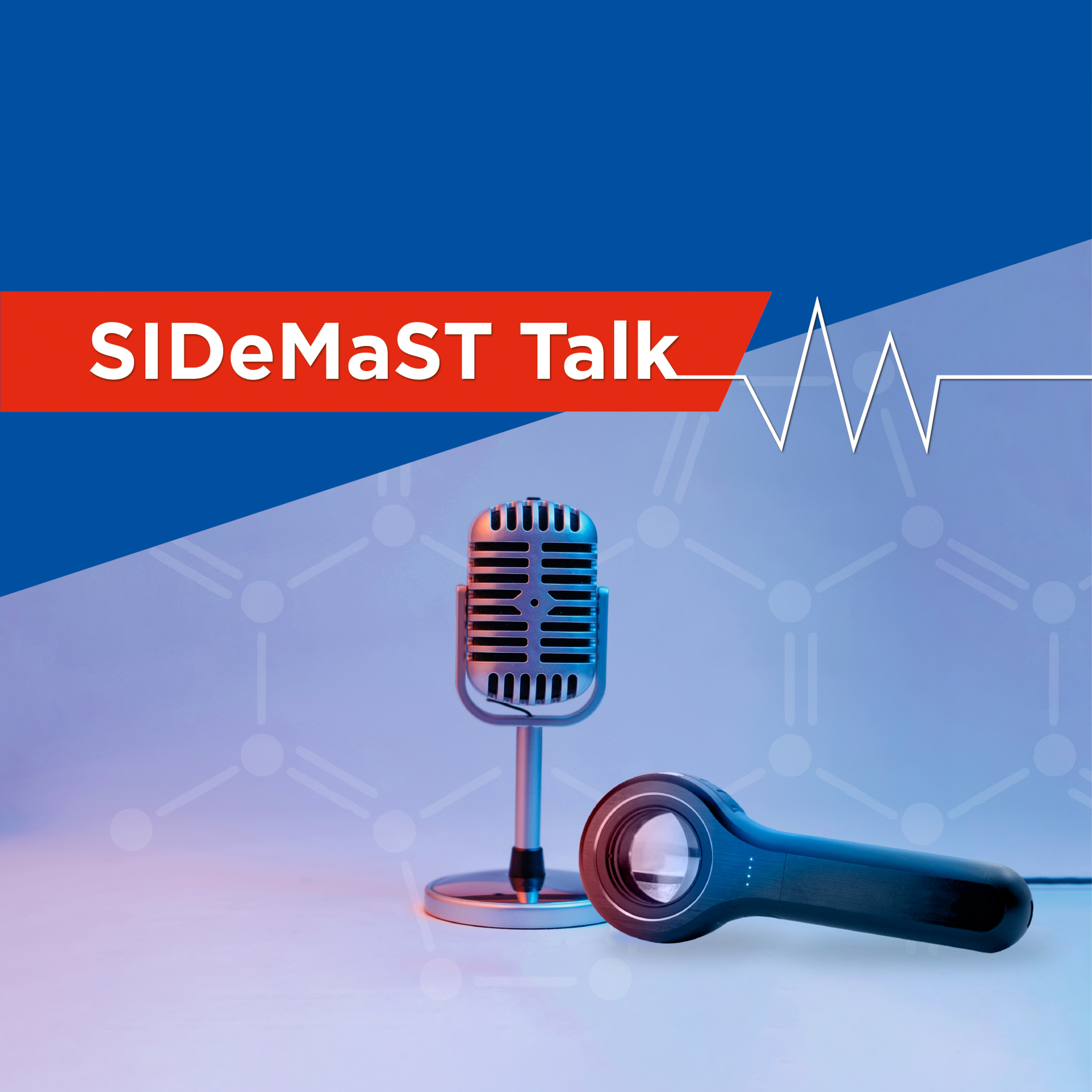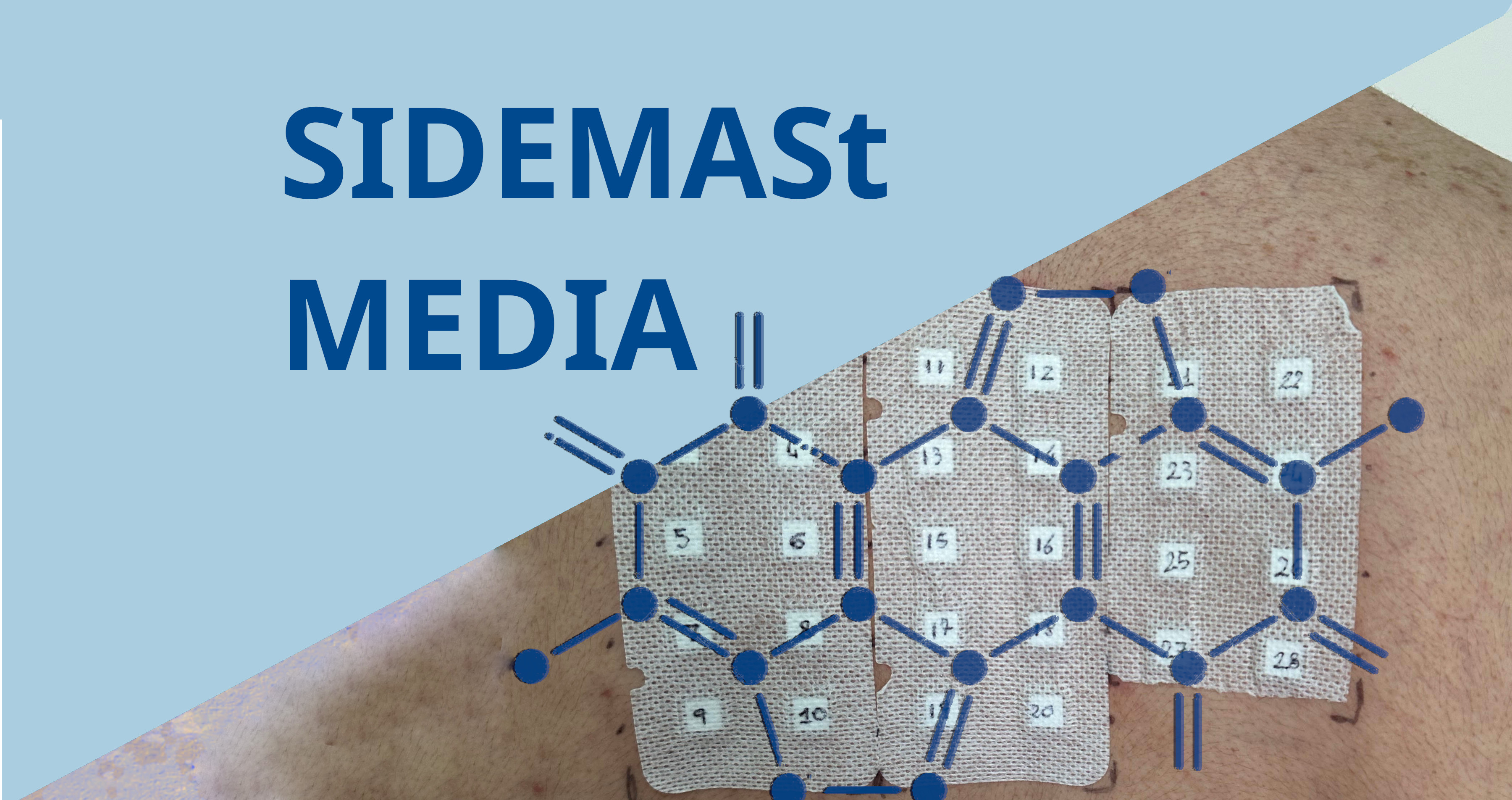The US Food and Drug Administration (FDA) has granted accelerated approval to avelumab (Bavencio) for the treatment of patients aged 12 years and older with metastatic Merkel cell carcinoma (MCC).
Avelumab is a programmed death-ligand 1 (PD-L1) blocking human IgG1 lambda monoclonal antibody. This is the first FDA-approved product to treat this type of cancer.
Approval was based on data from an open-label, single-arm, multi-centre clinical trial (JAVELIN Merkel 200 trial) demonstrating a clinically meaningful and durable overall response rate (ORR). All patients had histologically confirmed metastatic MCC with disease progression on or after chemotherapy administered for metastatic disease.
ORR was assessed by an independent review committee according to Response Evaluation Criteria in Solid Tumors (RECIST) 1.1. The ORR was 33%, with 11% complete and 22% partial response rates. Among the 29 responding patients, the response duration ranged from 2.8 to 23.3+ months with 86% of responses durable for 6 months or longer.
Responses were observed in patients regardless of PD-L1 tumour expression or presence of Merkel cell polyomavirus.
Safety data were evaluated in 1738 patients who received avelumab 10 mg/kg every 2 weeks. The most common serious adverse reactions to avelumab are immune-mediated adverse reactions (pneumonitis, colitis, hepatitis, adrenal insufficiency, hypothyroidism and hyperthyroidism, diabetes, and nephritis) and life-threatening infusion reactions.
Among the 88 patients enrolled in the JAVELIN Merkel 200 trial, the most common adverse reactions were fatigue, musculoskeletal pain, diarrhoea, nausea, infusion-related reaction, rash, decreased appetite, and peripheral oedema. Serious adverse reactions that occurred in more than 1 patient in the trial were acute kidney injury, anaemia, abdominal pain, ileus, asthenia, and cellulitis.
The recommended dose and schedule of avelumab is 10 mg/kg as an intravenous infusion over 60 minutes every 2 weeks. All patients should receive premedication with an antihistamine and acetaminophen prior to the first 4 infusions of avelumab.
Full prescribing information for avelumab is available here
Avelumab received orphan drug status and breakthrough therapy designation for this indication, and the application was granted priority review. As a condition of accelerated approval, an additional study is required to confirm the clinical benefit of avelumab for this indication. The approval was granted approximately 2 months ahead of the goal date.
SOURCE: US Food and Drug Administration








